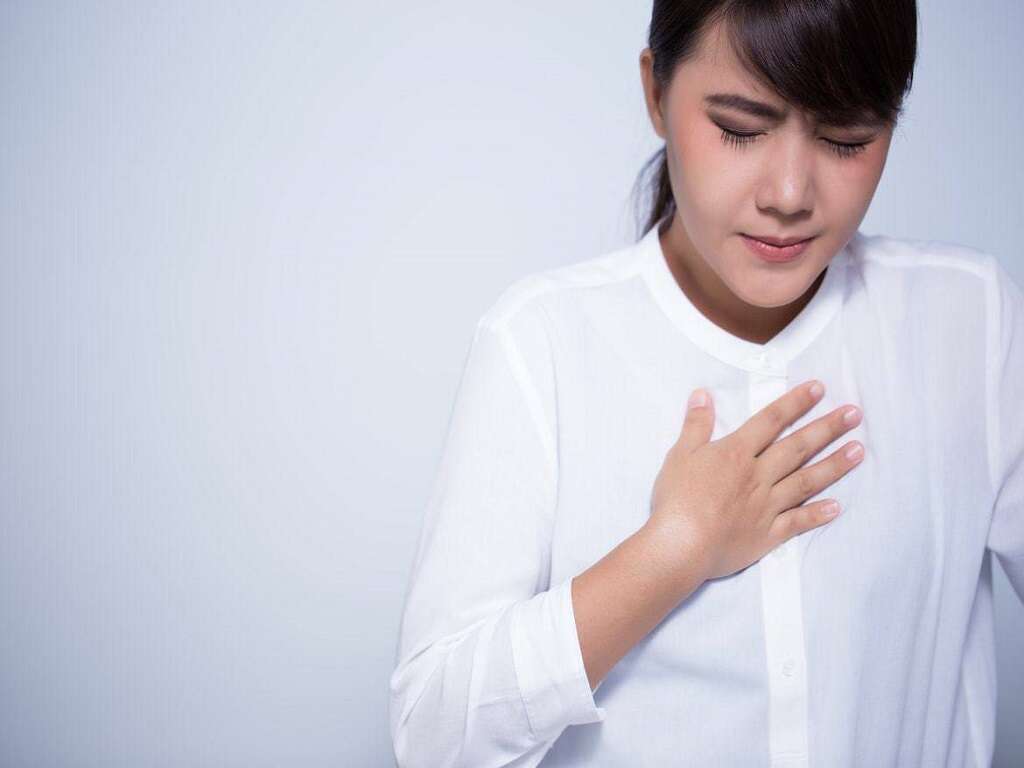What Is Orthopnea?
 Article Sources
Article Sources
- 1. Vaskar Mukerji: 'Dyspnea, Orthopnea, and Paroxysmal Nocturnal Dyspnea.' Clinical Methods: The History, Physical, and Laboratory Examinations. 3rd Edition. 1990, https://www.ncbi.nlm.nih.gov/books/NBK213/
- 2. 'Pulmonary edema.' Mayo Clinic, https://www.mayoclinic.org/diseases-conditions/pulmonary-edema/symptoms-causes/syc-20377009
- 3. Rakesh K. Pai, MD, FACC; Martin J. Gabica, MD; E. Gregory Thompson, MD; Adam Husney, MD; Stephen Fort, MD, MRCP, FRCPC: 'Heart Failure Symptoms.' UMHS Michigan Medicine, August 31, 2020, https://www.uofmhealth.org/health-library/tx4082abc
- 4. Biykem Bozkurt; Douglas L. Mann: 'Shortness of Breath.' AHA Journals, July 15, 2003, https://www.ahajournals.org/doi/10.1161/01.CIR.0000075956.36340.78
- 5. Cara Martinez: 'Shortness of Breath: When to See Your Doctor.' Cedars-Sinai, September 30, 2019, https://www.cedars-sinai.org/blog/shortness-of-breath.html
- 6. 'Heart Failure: Risk Factors.' University Health Care System, https://www.universityhealth.org/heart-failure/risk-factors/
5. Signs of Orthopnea
People suffering from orthopnea often cough or wheeze when reclining. They have shortness of breath, finding it hard to breathe when they recline. The flatter they lie, the worse the symptoms. Therefore, they usually need extra pillows to prop them up in order to fall asleep.
Other signs depend upon the cause of the orthopnea, such as heart failure, polycystic liver disease and chronic bronchitis. Sufferers are likely to exhibit symptoms related to the conditions causing breathing difficulties. Symptoms usually get progressively worse over time.
Advertisement











